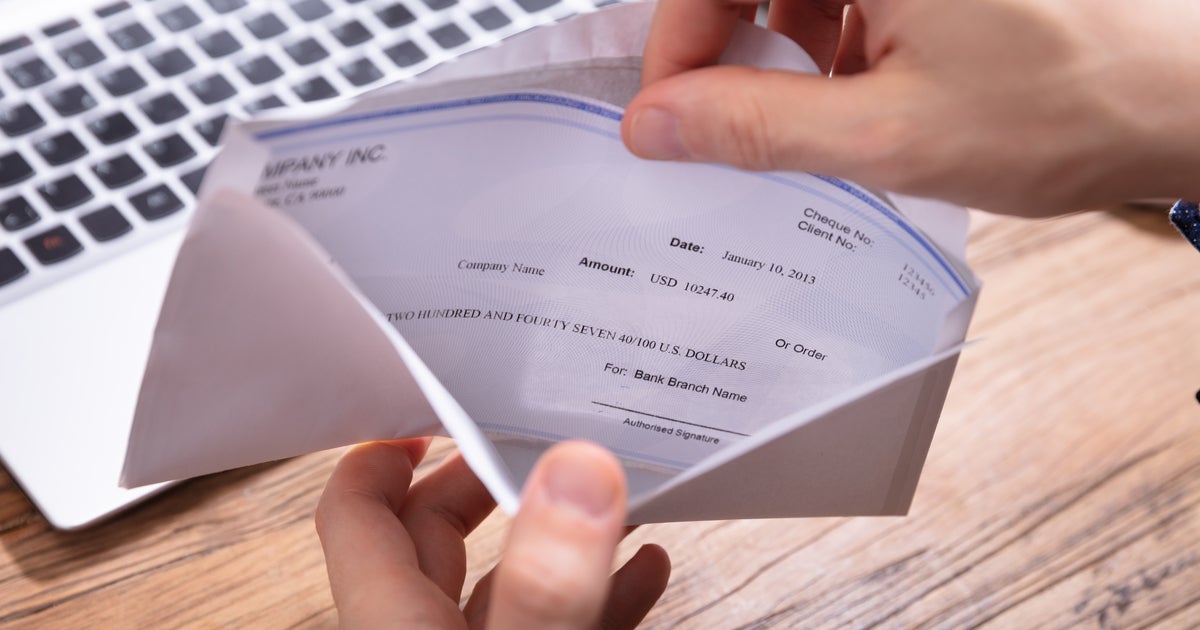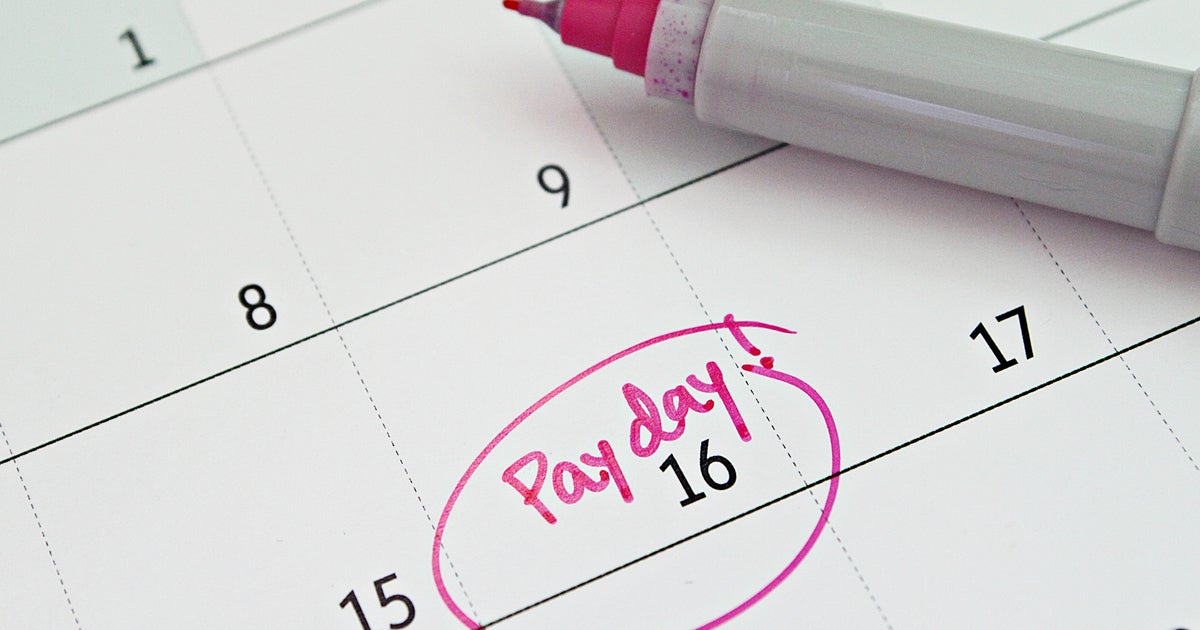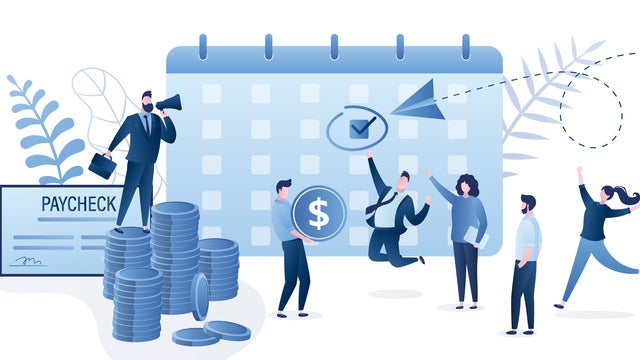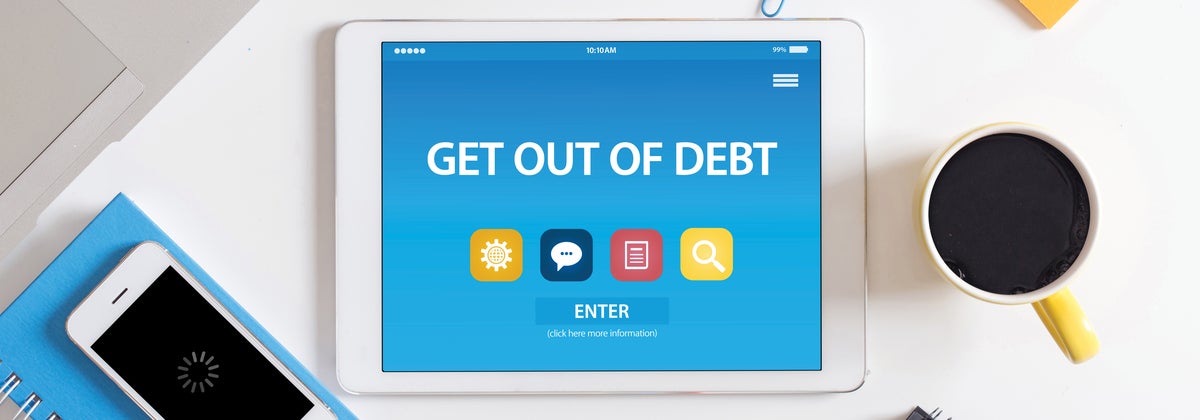“Money’s too tight to mention. Three more days until payday. I can’t wait!” If that sounds like you, then read on to learn how you can save money and stop living paycheck to paycheck.
You might be blaming lack of funds. Maybe you feel like you don’t earn enough or have too many debts. The fact is that there may be very good reasons why we’re living from pay to pay, but we tend to put the blame on everything and everyone except our own behaviour.
Without a doubt, a low income can certainly be one of the main reasons you’re short on cash. But often income has very little to do with it. A person with a $200,000 salary can have just as much trouble getting by as someone who earns $60,000, albeit in greater luxury!
The saying: “It’s not what you earn that counts but what you spend” is apt here. With all this in mind, here’s your blueprint to help you put a strategy in place, so you can work towards being in a stronger financial position and stop living from pay to pay.
How to Save Money And Stop Living Paycheck to Paycheck. In this article we cover:
- Save money by creating a bare-bones budget
- Can you save money by cutting any of your costs?
- Do you need to make more money?
- Save money by living on your bare-bones budget temporarily
- Tips to help save and manage your money

Save money by creating a bare-bones budget
If you want to escape the vicious cycle of living from pay to pay, the first thing you need to do is create a bare-bones budget. This is different to a normal budget, because it only includes the expenses you need to survive. These are the ones that mean you have a roof over your head, (home-cooked) meals on the table and the lights on – and not the things that fall under nice-to-have or luxuries. Here’s a guide to what you should and shouldn’t include:
What you should include
-
- Mortgage repayments/rent
- Electricity and gas bills
- Groceries
- Insurance premiums (car, home and contents, life, income protection)
- Minimum debt repayments
- Medication
- Childcare/school fees
- Mobile phone plan
- Internet plan
- Petrol, public transport
- Savings towards an emergency fund
What you shouldn’t include
-
- Dining out/takeaway
- Entertainment services, such as Netflix
- Non-essential clothing
- Holidays
- Recreational activities/hobbies
- Non-essential household items
- Personal care, such as manicures and cosmetics
Can you save money by cutting any of your costs?
When you have all your expenses listed, it’s a good idea to go through them individually to see if there are ways to trim the costs. If you have a mortgage, this is a great place to start, as chances are it’s one of your biggest regular expenses. If you can score a cheaper rate, not only will your repayments be lower, but you can save big bucks over the life of the loan.
For example, let’s assume you have a $500,000 loan and are paying 3.49%pa. By switching to a loan with a lower rate of 2.19%, your repayments would be $334 a month less, saving you $4008 a year. And you’d pay $100,383 less interest over the life of the loan.

Keep in mind that cheapest doesn’t always mean best, so consider the features as well as the price. It’s also a good idea to call your existing lender to ask if they can match the rate to save you the hassle of switching.
If you’re renting, you can also look for ways to reduce that expense: is it possible to move to a different location where the rent is cheaper, or to a smaller place or share house? It doesn’t have to be forever – it can be a temporary solution.
It’s also a good time to shop around for better deals on some of your other regular bills, such as your mobile plan, internet plan and power plan. You might be surprised by how much you could save on these as well.
Do you need to make more money?
Hopefully, you’ll find you have enough money coming in to cover the expenses listed in your bare-bones budget. But, if not, you may need to explore ways to make more money.
Looking for a new job that pays more is the obvious solution to boost money coming in, but that is easier said than done and it may take a while to find something appropriate. While you’re waiting to land a new job, look for alternative ways to bring in extra cash.
This could include selling unwanted items, getting a second casual job or picking up a side hustle.
Save money by living on your bare-bones budget temporarily
Even if you feel that you could possibly add in a few nice-to-haves, it’s a good idea to try living on your bare-bones budget for a few months – at the very least until you have built up a decent emergency fund.
Having money set aside for a rainy day is vital if you want to stop living pay to pay, which is why we’ve included it as one of the items in the ‘what you should include’ list. So, any money left over after meeting all your other necessary expenses should be directed to your emergency fund at this stage.
Once you have reached your emergency fund goal, you can revisit your budget and start adding some fun stuff back in, such as the occasional takeaway meal or a Netflix subscription. It’s a good idea to reintroduce these little luxuries gradually, so that you don’t end up struggling to make ends meet again. And make sure you update your budget accordingly.

Tips to help save and manage your money
Here are a few little tricks to help you better manage your money and stick to your budget:
Put your money into buckets
One way to easily manage your money is to break down your expenses into smaller buckets, rather than having them all lumped into one. For example, you may have one for school fees, one for groceries, one for bills, one for splurges and so on. How many buckets you have is completely up to you, but be sure to name them.
The idea is that when you get paid, you transfer the designated amount into each bucket. This is the modern-day equivalent of the envelope system, where you put cash for expenses into different envelopes.
Plan for your irregular expenses
One way that people often get caught out is not setting aside enough money to cover bills that aren’t fortnightly or monthly, but rather quarterly, such as rates, or annually, like car registration.
So that you don’t find yourself scrambling for cash to pay these bills, you could use something called bill smoothing. This involves estimating what that big expense will be and then breaking it down into fortnightly or monthly amounts. For example, if you think an insurance policy will be $1500 for the year, then put away $125 a month, or $58 a fortnight, to make sure you have enough when the bill arrives.
Don’t spend money you don’t have
It might sound obvious, but given that there are 2.7 million credit card accounts in NZ and buy now, pay later schemes such as Afterpay are growing in popularity, not spending money we don’t have appears to be easier said than done for many. So, keep your credit card at home, cancel any buy now, pay later arrangements, and use cash to pay for things whenever possible.
Keep track of your spending
It’s important to stay on top of your spending so bad habits don’t creep in again. This could be as simple as regularly taking a look at your accounts online, but there are also helpful apps that track your spending.
If you’re in need of a place to store your hard-earned savings, Canstar compares savings accounts across NZ so you can see what’s out there all in one place, just hit the button below:
Enjoy reading this article?
You can like us on Facebook and get social, or sign up to receive more news like this straight to your inbox.
By subscribing you agree to the Canstar Privacy Policy




Share this article